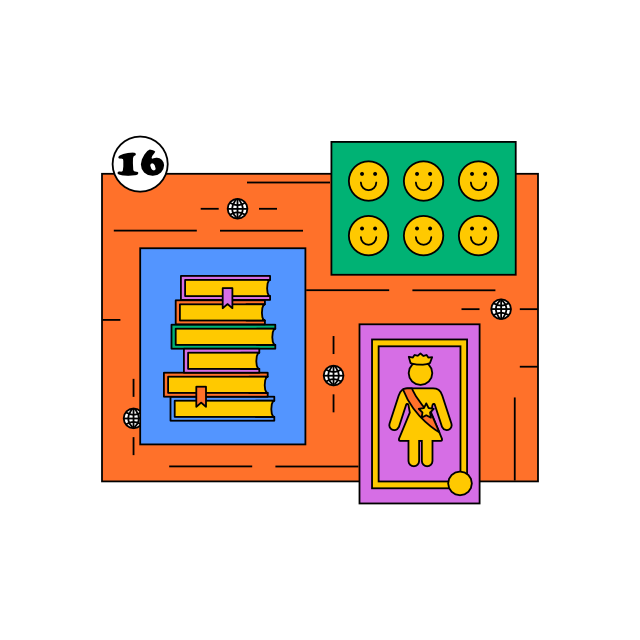SDG 16Peace, justice and strong institutions
Can responsible institutions ensure peace, security, and justice?
Overview
Corruption, fake news, wars. All of these threaten human security, justice, and access to truthful information. It is in everyone’s interest to build peaceful and inclusive societies, to ensure access to justice for all, and to build strong and accountable institutions at all levels. The security of the Earth’s inhabitants and the transparent institutions that effectively protect it are – and will undoubtedly be – one of the fundamental pillars of sustainable development.
Solution and Key Innovations
Fair access to information and a safe digital space are not only mental barriers, but also a matter of technology development. However, the development of technology goes hand in hand with its misuse. Fake news is deliberately manipulated information releasing false and misinformed news into the media. It is often in the hands of conspirators, but also governments of undemocratic states. The challenge of technology is thus also to combat fake news and to protect the media and digital space, so-called cyberspace.
The European Union Agency for Cyber Security – ENISA – is a major European institution in this field. It contributes to the trustworthiness of public information through cyber security certification schemes. Its goal is to prevent or mitigate cyber-attacks which aim to obtain data, sensitive and confidential information, leak false news online or break into bank accounts, to name a few. The American company Cobwebs Technologies monitors threats on the Internet to prevent crimes and identify the people at risk of radicalisation or criminalisation. Internet security is also provided by the Czech company Avast, the world’s second largest antivirus company.
Artificial intelligence is becoming an important part of access to truthful information. In 2021, there were 4.7 billion active internet users worldwide. 1 The British-Indian-American Logically, the American The Factual and the British Full Fact are AI-based companies fighting against misinformation and fake news. The German company Defudger uses artificial intelligence to verify online visual content. It can detect video or image manipulation. Eufactcheck is a fact-checking project of the European Journalism Training Association, which aims to create a sustainable curriculum for fact-checking within the European network of journalism schools. It should lead to greater transparency at all levels by extending digitization of elections as well as official acts and files. The Dutch start-up Visual Contracts creates easy-to-understand legal contracts that allow people to make their own decisions. Visual Contracts empowers people to exercise their rights while contributing to justice and economic growth through easy access.
The Spanish company Eirene’s mobile app provides data on regions that are the source of socio-economic, political and security conflicts. It assesses risk factors such as food prices, illegal mining, and incidences of violence and helps both the public and private sector to increase local engagement.
In the future, digital technologies and artificial intelligence could minimise human rights violations and enhance the relevance and universal accessibility of institutions. At the same time, however, the path to a balanced relationship between humanity and technology will be through fighting those who abuse the world of technology and the internet and undermine the security and justice of others.
Key Questions
- Can technology keep us safe?
- Can we effectively combat fake news and cyber-attacks?
- How can we strengthen justice and peace through technology?
Key Words
Fake news, transparent institutions, accountable justice, artificial intelligence, blockchain, cybersecurity
Interesting Resources
- IBM’s Chief Technology Officer explains the use of artificial intelligence in their cybersecurity division
- The strategy for the digital future of the EU
- A discussion between the Danish Tech for Democracy project and experts from around the world, including the winner of the Nobel Peace Prize 2021
- The role of technology in meeting SDG 16
